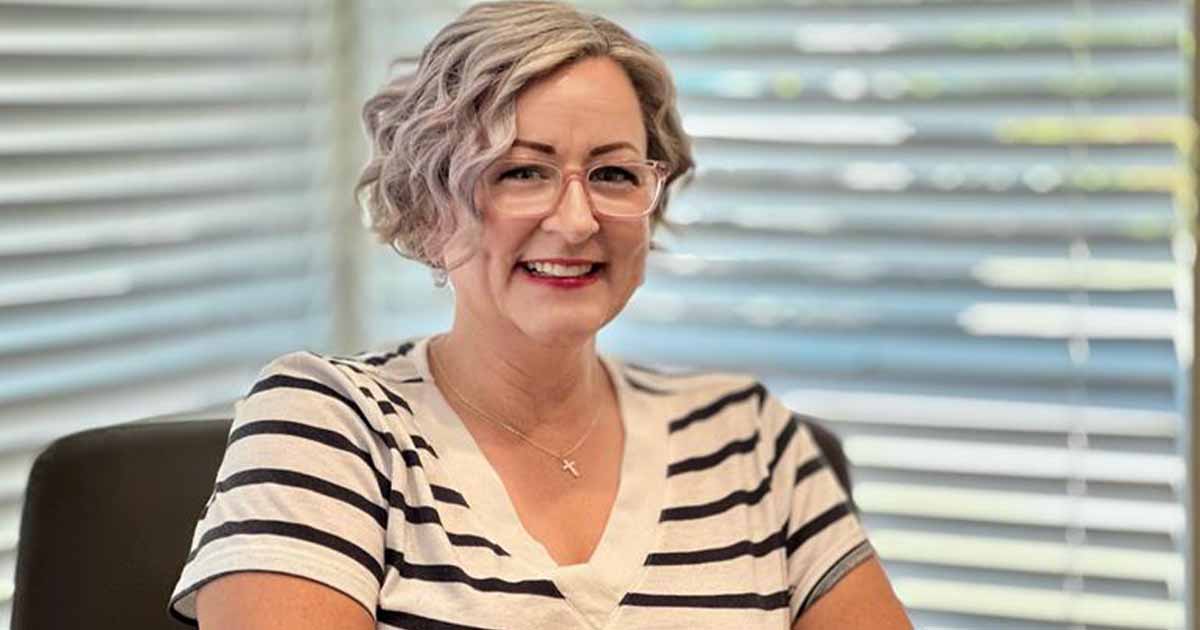Former U.S. Food and Drug Administration Commissioner Robert Califf announced Wednesday that he plans to join Google’s life sciences arm Verily and Duke University.
“Although we are in the midst of an explosion of capability in the worlds of computing and information, we are still learning how to translate this capacity into better health and healthcare,” Califf wrote in a Verily blog post. “Bridging this gap has been a recurring theme of my career, and it’s at the heart of what I hope to accomplish at both institutions.”
While details of his exact role weren’t explained, Califf joins after the launch of Verily’s baseline study, which is headed by cardiologist Jessica Mega to study human health through tracking 10,000 people over the course of four years.
[Also: Senate confirms Gottlieb as FDA head; AHRQ gets new director]
Califf, a trained cardiologist, was part of the initial conversations about the project, but his work on the project stopped when he took his position at the FDA. However, now that he’s back at Verily, he said that he’s “hoping to offer insights that will allow the company to better tailor its technologies to meet the needs of doctors, other providers, health systems and the patients they serve.”
Califf is currently on leave as a tenured cardiologist at Duke University and Stanford Medicine, both of which are named as partners of the study. As part of the announcement, Califf said he’s returning to Stanford as an Adjunct Professor of Medicine in the Department of Medicine.
In his role at the Duke Clinical Research Institute, Califf will “leverage the actionable data science produced by its deep bench of quantitative talent and clinical and operational experts to improve health and healthcare.”
“Both giant information companies and our country’s universities,” Califf wrote, “have critical roles to play in ensuring that all Americans, and ultimately the entire world, benefit from new knowledge and technological capabilities. Generating and analyzing information are not enough -- we must overcome barriers to using data to improve health and healthcare.”
Twitter: @JessieFDavis
Email the writer: jessica.davis@himssmedia.com


